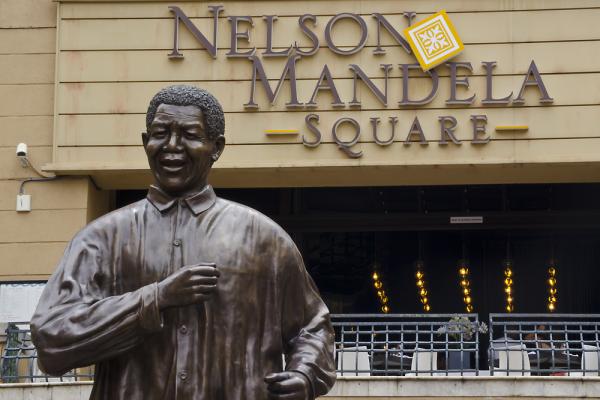When he was asked how he would like to be remembered, former president Nelson Mandela was very clear: “I would like it to be said that, ‘Here lies a man who has done his duty on earth.’ That is all.”
It so happened that I had dinner on Nelson Mandela Square in Sandton, Johannesburg, on the night that he died. At the time I was unaware of his death — like most of South Africa I woke up with the news the next morning. The huge statue in the square and the nearby shop selling memorabilia would probably be the furthest removed from how Madiba himself would like to be remembered, but I suppose he realized that this was inevitable for someone who had become a global icon of freedom and justice.
In the famous Rivonia trial where he received a life sentence for his role in fighting the apartheid system, he said the following of democracy: “It is an ideal which I hope to live for and to achieve. But if needs be, it is an ideal for which I am prepared to die.”
Read the Full Article

